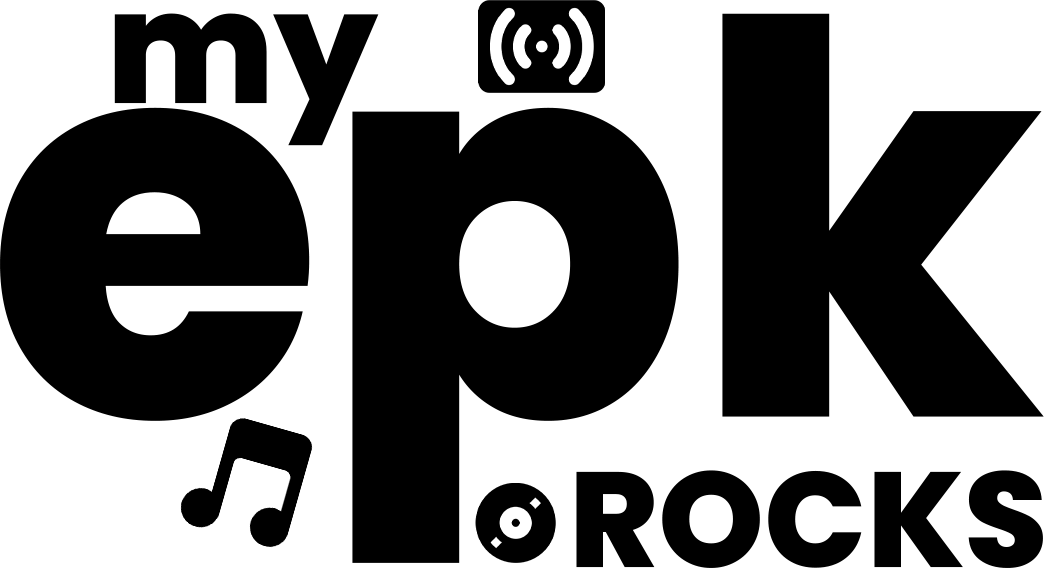Alright, fam, let’s talk about something crucial for music artists – especially if you’re not chasing mainstream radio play (though even if you are, this still matters). We’re diving headfirst into the world of niche communities and how they can be the bedrock of your loyal, engaged fanbase.
Forget the pipe dream of overnight viral fame (although, hey, if that happens, more power to you!). We’re focusing on building real connections with people who genuinely love what you do. Think of it as cultivating a garden instead of buying lottery tickets. It takes time, effort, and a little bit of know-how, but the harvest? Deliciously rewarding.
This isn’t your grandpa’s marketing strategy. We’re talking 2024 and beyond. So, buckle up, grab your beverage of choice, and let’s get into it.
What Exactly is a Niche Community, Anyway?
Okay, before we go any further, let’s define our terms. A niche community is simply a group of people who share a specific interest, passion, or identity. Think beyond just “music fans.” Think hyper-specific. Examples:
- Genre-Specific Niches: Fans of “Synthwave with a touch of 80s horror movie soundtracks,” or “Progressive Metal with lyrics inspired by ancient Sumerian mythology.” You get the idea. Subgenres within subgenres.
- Identity-Based Niches: Music for the LGBTQIA+ community, songs that address mental health struggles, artists who champion environmental causes.
- Location-Based Niches: A scene emerging in a specific city or region. Think of the grunge scene in Seattle or the Britpop explosion in Manchester.
- Interest-Based Niches: Music that resonates with gamers, cosplayers, tabletop RPG enthusiasts, surfers, etc.
The beauty of a niche community is its depth. These aren’t just casual listeners; they’re invested. They’re looking for something specific that resonates with them on a deeper level. And if you can provide that, you’ve got a fan for life.
Why Bother? The Power of Small but Mighty
“But,” you might be thinking, “isn’t it better to try and reach everyone?”
Short answer: Nope.
Trying to appeal to everyone is like trying to fill a swimming pool with a garden hose. You’ll waste a ton of energy and probably end up with a lukewarm puddle.
Here’s why focusing on niche communities is a winning strategy:
- Higher Engagement: Niche communities are inherently more engaged. They’re actively seeking out content related to their specific interests. This means more likes, comments, shares, and ultimately, more support for your music. Think about it: If you’re a die-hard fan of a particular subgenre, you’re way more likely to engage with an artist who authentically embraces it.
- Stronger Loyalty: Once you’ve connected with a niche community, you’ve built a foundation of loyalty. These fans are more likely to stick with you through thick and thin, buy your merch, attend your shows, and spread the word about your music. They’re your tribe.
- Easier Marketing: Reaching a niche audience is often cheaper and more effective than trying to cast a wide net. You can target your marketing efforts specifically to the platforms and channels that your target community frequents. We’ll get into the specifics of this later.
- Authenticity Reigns Supreme: Niche communities can smell inauthenticity a mile away. If you’re just trying to bandwagon on a trend, they’ll see right through it. But if you’re genuinely passionate about the same things they are, they’ll embrace you with open arms. This is about building genuine connections, not faking it ’til you make it.
- More Creative Freedom: When you’re not constantly chasing mainstream appeal, you have more freedom to experiment and push the boundaries of your music. This can lead to more interesting and innovative work, which in turn attracts even more dedicated fans. Think of artists like Devin Townsend or Sleep Token; they are making the music they want to make and have built rabid fanbases off their unique styles.
- Word-of-Mouth Gold: A highly engaged niche community becomes your unpaid marketing team. They’ll enthusiastically share your music with their friends, online communities, and anyone else who they think might be interested. That organic buzz is priceless.
Finding Your Niche: Time to Dig Deep
Okay, so you’re sold on the idea of niche communities. But how do you actually find yours? This requires some introspection and research.
- Know Thyself (and Thy Music): Start by honestly assessing your music. What are your influences? What themes do you explore in your lyrics? What kind of audience do you naturally attract? Don’t try to force yourself into a niche that doesn’t fit. The more authentic you are, the better.
- Genre Excavation: Dig deep into the subgenres of your music. What are the most specific and unique descriptors you can use to define your sound? Don’t be afraid to get creative and invent your own genre mashups (just make sure it’s actually descriptive and not just a random word salad).
- Listen to Your Existing Fans: Pay attention to who is already listening to your music. What are their interests? What other artists do they listen to? What online communities do they participate in? This is a goldmine of information about your potential niche. Social Media platforms like X, Instagram, and even TikTok can provide analytics of your followers including their interests. Don’t take it with gospel but at least it is a starting point.
- Online Research is Key: Use Google (and other search engines) to find online communities related to your music. Look for forums, subreddits, Facebook groups, Discord servers, and other online spaces where people are discussing the kind of music you make. Use keyword searches that are very specific to your genre like “Neo Classical Shred Guitar Forum.”
- Explore the Unconventional: Don’t limit yourself to just music-related communities. Think about other interests that might intersect with your music. Are your lyrics inspired by science fiction? Then check out science fiction conventions and online forums. Do you incorporate elements of folklore and mythology? Then explore communities dedicated to those topics.
- The “So What?” Test: Once you’ve identified a potential niche, ask yourself, “So what?” Does this niche community have a genuine need or desire that your music can fulfill? Are you offering something that they can’t find anywhere else? If the answer is no, then it might not be the right niche for you.
Engaging Your Niche: Building Authentic Connections
Finding your niche is just the first step. Now you need to actively engage with it and build genuine connections with its members. This isn’t about spamming your music and disappearing. It’s about becoming a valuable and respected member of the community.
Here’s how:
- Listen More Than You Talk: Before you start promoting your music, take the time to listen to the conversations happening within the community. What are people talking about? What are their needs and desires? What are their pain points? Show that you’re genuinely interested in what they have to say.
- Contribute Value: Share your knowledge, expertise, and insights with the community. Answer questions, offer advice, and participate in discussions. Don’t just promote your music; contribute to the conversation in a meaningful way. Offer up a tutorial for aspiring musicians in the space, or show off a new piece of equipment that can help fellow musicians.
- Be Authentic: As mentioned earlier, authenticity is key. Don’t try to be someone you’re not. Be yourself, be genuine, and let your passion for your music (and the community) shine through.
- Personalize Your Interactions: Avoid generic messages and canned responses. Take the time to personalize your interactions with individual members of the community. Show that you’re paying attention and that you care about them as individuals.
- Collaborate: Collaborating with other artists, influencers, or community leaders can be a great way to expand your reach and build credibility. Look for opportunities to collaborate on songs, videos, or other projects.
- Host Events: Hosting online or in-person events can be a great way to bring your community together and build a stronger sense of connection. This could be anything from a live stream performance to a Q&A session to a meet-and-greet at a local venue.
- Give Back: Look for ways to give back to the community. This could be anything from donating a portion of your merch sales to a related charity to offering free music lessons to aspiring musicians.
- Be Consistent: Building a strong relationship with a niche community takes time and effort. Be consistent with your engagement and don’t give up if you don’t see results immediately.
Platforms and Channels: Where to Find (and Engage) Your Tribe
Now that you know how to engage, let’s talk about where. Different niche communities congregate on different platforms and channels. Here are some of the most popular options:
- Subreddits: Reddit is a goldmine of niche communities. There are subreddits for just about every genre, subgenre, and interest imaginable. Spend some time searching for subreddits related to your music and start engaging with the community. Make sure to read the subreddit rules before posting anything.
- Discord Servers: Discord is another popular platform for online communities. It’s particularly popular with gamers, but there are Discord servers for all sorts of interests. Look for Discord servers related to your music or your target audience.
- Facebook Groups: Facebook groups can be a great way to connect with people who share your interests. Search for Facebook groups related to your music or your target audience and join the conversation.
- Forums: Online forums have been around for ages, and they’re still a great way to connect with niche communities. Search for forums related to your music or your target audience and start participating in the discussions.
- Twitch: If you’re a musician who likes to stream, Twitch can be a great platform for building a fanbase. You can stream live performances, jam sessions, or even just talk about your music. Focus on the music, but don’t forget to engage your audience and bring them in to the show.
- YouTube: Create engaging video content related to your music. This could be anything from music videos to behind-the-scenes footage to tutorials to interviews. YouTube is a must for the visibility alone.
- Bandcamp: A great place to sell your music directly to fans and build a following. Bandcamp is a go-to for many indie artists.
- Patreon: A platform where fans can support artists directly through monthly subscriptions. This is a great way to generate recurring revenue and build a closer relationship with your fans.
Marketing Smarter, Not Harder: Targeted Promotion
Once you’ve built a relationship with a niche community, you can start promoting your music in a way that feels authentic and non-intrusive.
Here are some tips for targeted promotion:
- Don’t Just Drop Links: Avoid just dropping links to your music and running away. Instead, provide context and explain why you think the community would be interested in your music.
- Offer Exclusive Content: Give your niche community access to exclusive content that they can’t find anywhere else. This could be anything from early releases to behind-the-scenes footage to exclusive merch discounts.
- Run Contests and Giveaways: Run contests and giveaways specifically for your niche community. This is a great way to generate excitement and engagement.
- Collaborate with Influencers: Work with influencers who are respected within your niche community. They can help you reach a wider audience and build credibility. Influencers are key in helping grow your brand awareness, so invest some time into researching them in your space.
- Run Targeted Ads: Use social media advertising to target your ads specifically to your niche community. This is a great way to reach people who are already interested in the kind of music you make.
The Long Game: Patience and Persistence
Building a strong fanbase within a niche community takes time and effort. Don’t expect to see results overnight. Be patient, be persistent, and keep showing up for your community.
The key is to focus on building genuine relationships and providing value. If you do that, you’ll be well on your way to creating a loyal and engaged fanbase that will support your music for years to come.
The Bottom Line
Forget chasing fleeting viral trends. Focus on building deep connections with the people who truly get your music. Niche communities are the future of music fandom, and they offer a powerful platform for artists who are willing to invest the time and effort to cultivate them.
So, get out there, find your tribe, and start building something real. Your music (and your career) will thank you for it. Now go make some noise!


